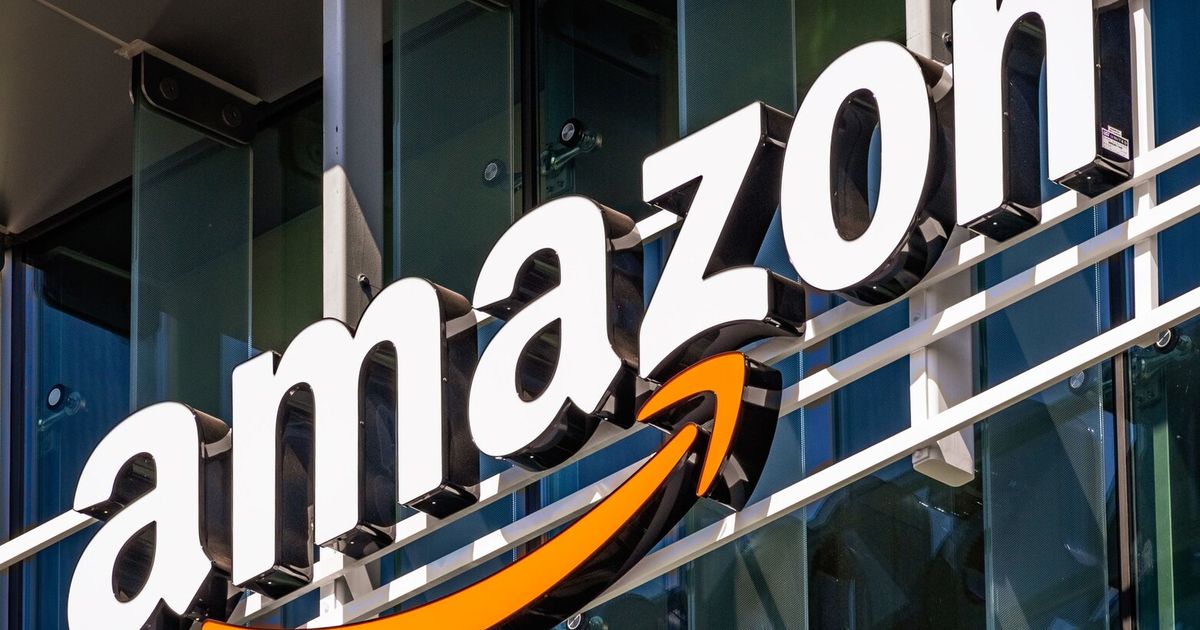Amazon is expanding its commitment to affordable housing with an additional $1.4 billion investment to help create and preserve affordable housing units near three major cities, the company announced Tuesday.
The funding builds off Amazon’s existing Housing Equity Fund, a $2 billion initiative Amazon launched in 2021 with the goal of creating and preserving 20,000 affordable housing units in the next five years. The fund is aimed at the three cities where Amazon has a large concentration of corporate employees, the company said: the Puget Sound region; Arlington, Va., and Nashville.
On Tuesday, Amazon said it already met and exceeded its goal for the fund. Three and a half years after its launch, Amazon has invested $2.2 billion in loans and grants toward 21,000 affordable housing units.
The additional $1.4 billion will help create and preserve another 14,000 homes, Amazon said in its Tuesday announcement.
“We’re excited about the way we’ve been able to innovate,” said Alice Shobe, global director for Amazon community impact. “We feel urgency around this issue,” she continued, adding that the new funding is a way of “building on success.”
Like the first round of funding, the $1.4 billion investment will be a mix of loans and grants.
Shobe said there’s still a lot of unknowns about how the new funding will be spent. That leaves room for Amazon to take the money where it sees opportunities, she said.
“We have a vision and broad direction of where we’re going, but real estate changes,” she said. “We want to make sure we’re staying flexible and in communication with community partners to make sure we’re responding to their needs.”
The funding is primarily for projects that will be affordable for those earning 30% to 80% of the area median income, Shobe said. In King County, that would be $28,800 to $70,650 for an individual or $41,100 to $100,900 for a family of four, according to 2023 data from the King County Housing Authority.
The first round of funding mostly went toward the same income bracket, Shobe said, though Amazon also contributed toward some projects for tenants at below 30% area median income as well as a homeownership pilot.
Through a partnership with the National Housing Trust, Amazon said in a report released Tuesday it is providing $40 million to support homeownership. The land is owned and stewarded by nonprofits, Amazon said. The first pilot project in Seattle will include 83 homes, and Amazon hopes to expand it to serve 800 homeowners.
Of the 21,000 affordable housing units Amazon has helped to fund, more than 8,600 are in the Puget Sound region, including 3,600 in Seattle and 1,400 in Bellevue. In the Puget Sound, 62% of those homes serve households earning less than 60% area median income.
Another 9,400 units are near Arlington, Va., and Washington, D.C., with another 3,000 in Nashville.
Amazon did not yet have an estimate for how many of the newly planned 14,000 units would be in the Puget Sound region.
Ninety-five percent of the developments Amazon’s Housing Equity Fund supports will remain affordable for 99 years, Amazon said.
In the Puget Sound region, Amazon’s main headquarters, the company has come under criticism for contributing to rising housing costs with its high salaries for corporate workers and pressure against new corporate taxes.
There’s also a tremendous need for affordable housing in the area. More than a third of the 309,000 new homes required across King County in the next 20 years need to be affordable to people making 30% of area median income or less, according to recently approved estimates from the Metropolitan King County Council.
Seattle’s Office of Housing said in February it will provide far less money than usual for new affordable homes this year as it deals with years of heavy spending following the COVID-19 pandemic and an increase in construction and operation costs. This year, it will fund four new affordable housing projects at a cost of $53.3 million. By comparison, the annual announcement hasn’t dipped below $100 million since 2018.
Amazon expects it will be one of many funders for each affordable housing project. Shobe said most projects have anywhere from three to 12 sources of funding. In its first round of investment, 80% of the projects Amazon contributed to also had federal, state or local government funding, she said.
Amazon focused most of its original $2.2 billion investment on projects that were ready to get off the ground, Shobe said. That’s part of what enabled them to move so fast.
The company also started its efforts by focusing on preserving units that were already there — more than half of the units it helped fund came from projects to preserve existing housing stock. Shobe said they focused on “naturally occurring affordable housing,” or buildings that owners are looking to sell, leaving the property a prime target for developers to flip and raise rents.
“We felt urgency around plugging the drain,” Shobe said. “It was really the creativity around deal by deal, working with the developers to say ‘What will get this done? What piece is missing in your puzzle?’ ”
Of the units already created, Amazon said 94% are in walking distance to public transit, like bus or light rail stations.
The company estimates roughly 46,000 people are living in the 21,000 affordable housing units it helped fund with its $2.2 billion in loans and grants.
This story will be updated.








:max_bytes(150000):strip_icc()/roundup-writereditor-loved-deals-tout-f5de51f85de145b2b1eb99cdb7b6cb84.jpg)


